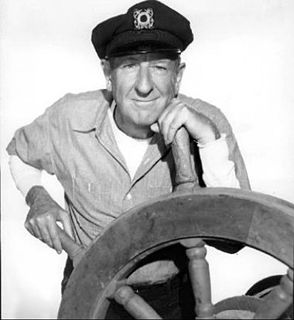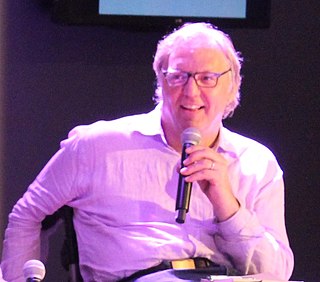A Quote by Dick Durbin
A journalist gathers information for a media outlet that disseminates the information through a broadly defined 'medium' - including newspaper, nonfiction book, wire service, magazine, news Web site, television, radio or motion picture - for public use. This broad definition covers every form of legitimate journalism.
Related Quotes
I am saddened by the release by a national media outlet of my opponent's involvement in pornography. I strongly condemn the release of this information. Our campaign was aware of this information several months ago, and made a very determined decision to not use or disperse this information in any way, shape,or form.
The American motion picture is the greatest unconscious carrier of propaganda in the world today. It is a great distributor for ideas and opinions. The motion picture can standardize the ideas and habits of a nation. Because pictures are made to meet market demands, they reflect, emphasize and even exaggerate broad popular tendencies, rather than stimulate new ideas and opinions. The motion picture avails itself only of ideas and facts which are in vogue. As the newspaper seeks to purvey news, it seeks to purvey entertainment.
Broadly speaking, the problems with the Espionage Act are that it is hopelessly broad. And we tend to use the Espionage Act - we think about the Espionage Act as forbidding disclosures of classified information. That's not really what the statute says. What the statute talks about is information related to the national defense.
I think our primary function is to create the strongest, deepest, most interesting news report there is in the world.And whether it's on the front page of the newspaper or leading the home page doesn't really matter. We reach a huge audience on the Web. And really, you know, the journalists, whether they are reporters or editors or Web producers or multimedia specialists, we're all creating, you know, the journalism that is the bedrock of our news report. And that's true for the newspaper, the Web, our apps, and you name it.
What's different with Cambridge Analytica and more broadly with social media is that you are the target. People want to harvest your information in as granular a way as possible in order to, like, create a picture, a complete picture of who you are, ultimately to either sell you things or make you believe things.
I think every journalist understands when they are the beneficiary of hot information that, yes, they have a scoop, but they're also being used. Part of your responsibility as a journalist is to tell the story of why that information is coming to you, consistent with the ground rules of your sourcing.


































